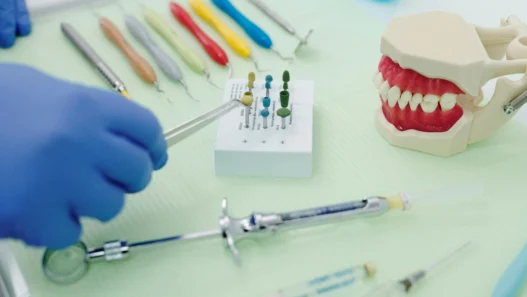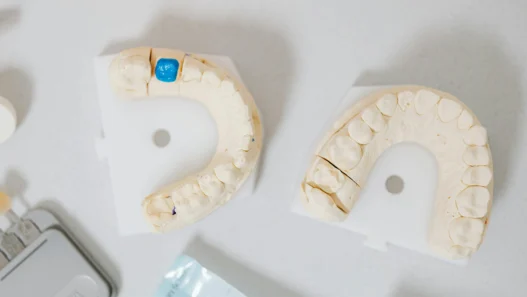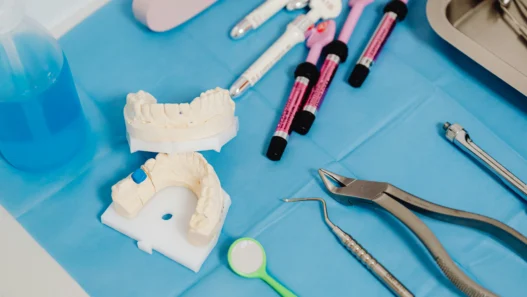
Northland Pointe (2 Fielden Avenue, Port Colborne) is a nursing home that is owned and operated by Niagara Region. There are approximately 150 beds.
Inspection Reports for Northland Pointe
Our research team carefully reviewed and summarized inspection reports for Northland Pointe. You can read the original copies of the reports in the Government of Ontario website.
December 2023: Director’s Order
The Ministry of Long-Term Care issued a compliance order to The Regional Municipality of Niagara regarding Northland Pointe. The order, issued by Director Alain Plante, is in response to non-compliance with regulations.
Order #001 requires the licensee to appoint a physician or registered nurse for resident #001, develop a care plan, and respect the resident’s right to give or refuse consent to treatment.
Order #002 instructs the licensee to return resident #001 to their previous accommodation or a suitable alternative, collaborate with the current care provider, and provide reports to the Director.
Background information reveals that resident #001 experienced issues with their physician, leading to a discharge from the home, which was not handled in compliance with regulations.
August 2023: Inspection
The inspection was a combination of a complaint inspection, a follow-up inspection, and a critical incident system inspection. The critical incidents inspected involved resident care areas and medication management. Additionally, the inspection followed up on a previously issued compliance order related to the Plan of Care.
The licensee failed to ensure that care set out in the plan of care was provided as specified. Specifically, a physician had ordered medication for a resident and directed staff to inform the Substitute Decision Maker (SDM) before each administration of the medication. On a particular date, the medication was administered to the resident on two separate occasions without informing the SDM as directed. This failure to follow the specified plan of care was a significant non-compliance issue.
The compliance order #001 from Inspection #2023-1605-0002 was found to be in compliance. This order was previously issued by Inspector Nishy Francis.
June 2023: Inspection
The inspection, conducted by Emily Robins, Erin Denton-O’Neill, and Jonathan Conti, encompassed a range of issues including missing controlled substances, resident hyperglycemia, allegations of neglect and emotional abuse, denture incidents, unexpected resident deaths, and falls resulting in fractures.
- Residents’ Bill of Rights: The home failed to respect the rights of a diabetic resident by not processing an insulin order timely, leading to sustained high blood sugar readings.
- Documentation: There were multiple failures in documenting care provision. This included the absence of documentation for a resident’s toileting program, oral care, and care related to diabetes management. These lapses posed risks to residents’ health and well-being.
- Duty to Protect: A resident was left neglected on a commode for an extended period by a PSW, without proper transfer assistance or a call bell, leading to emotional distress.
- Reporting Neglect to the Director: The home failed to immediately report suspected neglect of a resident that resulted in risk of harm.
- Reporting Critical Incident: The home did not comply with requirements for reporting critical incidents, including a missing controlled substance and an incident causing significant change in a resident’s health condition.
- Drug Destruction and Disposal: There was non-compliance in the destruction and disposal of a controlled substance, which was incorrectly disposed of in the garbage.
- Plan of Care Compliance Order: The home was ordered to improve processes for ensuring bed alarms are working and for monitoring and documenting care related to various resident needs, including diabetes management and denture care.
December 2022: Critical Incident Inspection
The inspection, conducted by Sydney Withers and Jobby James, focused on falls prevention and management, and infection prevention and control. This inspection took place over several days in November 2022.
- Hand Hygiene Products: The home was found to have used expired alcohol-based hand rub (ABHR) in a resident home area (RHA) dining room. This was identified and rectified during the inspection, with the IPAC Lead confirming that no additional expired ABHR was present in the home. The risk to residents was minimal as other ABHR products in the area were not expired.
- Infection Prevention and Control Program: The home failed to implement standards or protocols issued by the Director regarding infection prevention and control. Specifically, a Personal Support Worker (PSW) did not don the required Personal Protective Equipment (PPE) when entering a room with droplet/contact precautions, potentially increasing the risk of infection transmission within the home.
Both instances of non-compliance were addressed by the licensee during the inspection, with measures taken to prevent similar issues in the future.
November 2021: Critical Incident Inspection
The inspection, conducted by Jobby James and Yuliya Fedotova, was a Critical Incident System inspection carried out from November 2 to 9, 2021. This inspection primarily focused on falls prevention and management, infection prevention and control, and other related areas.
- Infection Prevention and Control Program: The licensee was found non-compliant with the infection prevention and control (IPAC) program requirements. On an identified date in November 2021, an inspector observed that a resident was under contact precautions but there was no Personal Protective Equipment (PPE) available. This was also noted in three other resident areas. The Director of Resident Care (DRC) acknowledged that PPE and signage should have been in place, as the lack of proper signage and PPE increased the risk of infection transmission.
- Hand Hygiene Program: There was a failure in implementing an adequate hand hygiene program. Observations revealed that residents were not offered or provided assistance with hand hygiene before meals and snacks. The home’s policy included procedures for staff hand hygiene but did not cover resident hand hygiene, which was confirmed by the Administrator. This oversight posed a risk of transmitting infections to residents.
The licensee was requested to prepare a voluntary plan of correction to ensure compliance with the IPAC program. This included ensuring all staff participate in the implementation of additional precautions for IPAC and establishing a hand hygiene program in accordance with evidence-based practices.















